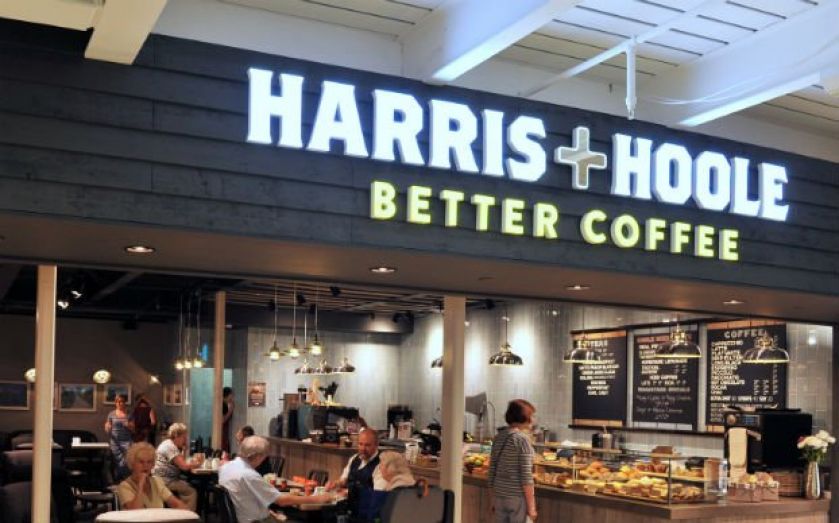What businesses will Tesco sell after ruling out a rights issue to raise cash?

Tesco may be in dire straits, but a rights issue was ruled out by chief executive Dave Lewis this afternoon. Rather, the team will look “to extract value” from the business, most likely by selling off some of its non-core business assets.
The supermarket sells much more than just groceries after embarking upon a rapid diversification programme. However, now in troubled times, these once-sound investments may be heading for the checkout, hopefully not with a discount sticker.
With the prospect of disposals making their way towards the checkout, which ones are likely to be bagged up?
Blinkbox
Blinkbox, the digital service for video and music streaming and book downloads, is already rumoured to be one of the assets up for grabs.
Tesco picked up the startup in 2011 for an undisclosed sum and the service has been steadily integrated with the retailer’s move into digital, with founder and chief Michael Comish even becoming Tesco’s digital director.
Customers who buy DVDs in store are able to stream the movie through Blinkbox at no extra cost, and the Clubcard loyalty scheme was introduced to the service so users can pick up points.
As the world moves online, the buy was forward thinking. One of the only positives from Tesco’s results today was an 11 per cent growth in online sales, signalling where future growth may lie. However, with competitors such as Netflix and Amazon, the service is currently loss-making.
Giraffe
Giraffe, the restaurant which attracts pushchairs from far and wide, was snapped up by Tesco for £48.6m last year. The plan was to introduce the chain into stores to make the weekly shop more of an experience.
However, the cause of Tesco’s – and the rest of the supermarkets’- profit problems is a drastic change in shopping habits. Customers are moving away from the traditional large weekly shop and towards multiple, smaller trips to the supermarket throughout the week. Tesco shoppers are heading to its smaller town and city Express and Metro stores, rather than the out of town megastores. In those, there is hardly room for people sometimes, let alone a Giraffe.
Harris + Hoole
Another food-focused buy, cute coffee shop Harris + Hoole received Tesco backing in 2013, amounting to a 49 per cent stake.
The same Giraffe strategy has already stumbled with the cafe, though. The chain had to close six of its 40 stores earlier this year and has faced mounting questions about whether Tesco will continue to back it in the current climate.
Dunnhumby
One of Tesco’s biggest successes, this time under former boss Sir Terry Leahy, the company invented the Tesco Clubcard and basically the entire loyalty scheme concept now beloved by retailers.
Tesco originally invested in the firm in 2001, upping its stake and then taking full control, and Dunnhumby now acts as a marketing services agency to many other global brands
Analysts estimate the value of the firm at nearly £1.5bn, making it by far one of the most valuable assets when it comes to selling, but it is also a money maker for the supermarket.
Asia
Back when things were good under Leahy, Asia looked like a good bet, now it’s not quite so lucrative. It’s still estimated to be worth around £7bn across various stores and malls in the region, however, but that could be a nice figure to pay into the bank in addition to cutting the costs of doing business abroad- it's already selling off the private jets the top brass previously used to travel there.
Dobbies garden centre
This may be an unfamiliar one south of the border. Dobbies is a string of Scottish garden centres which Leahy bought up in 2007. Then valued at £155m, it's now estimated to be worth £88m to the supermarket, far from the billions the supermarket is in need of and could find elsewhere. It's not pennies down the back of the sofa either though, and by selling it the supermarket would be trimming back on less lucrative non-core assets.